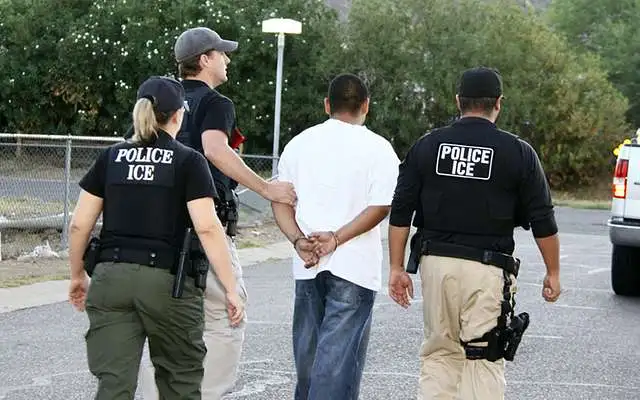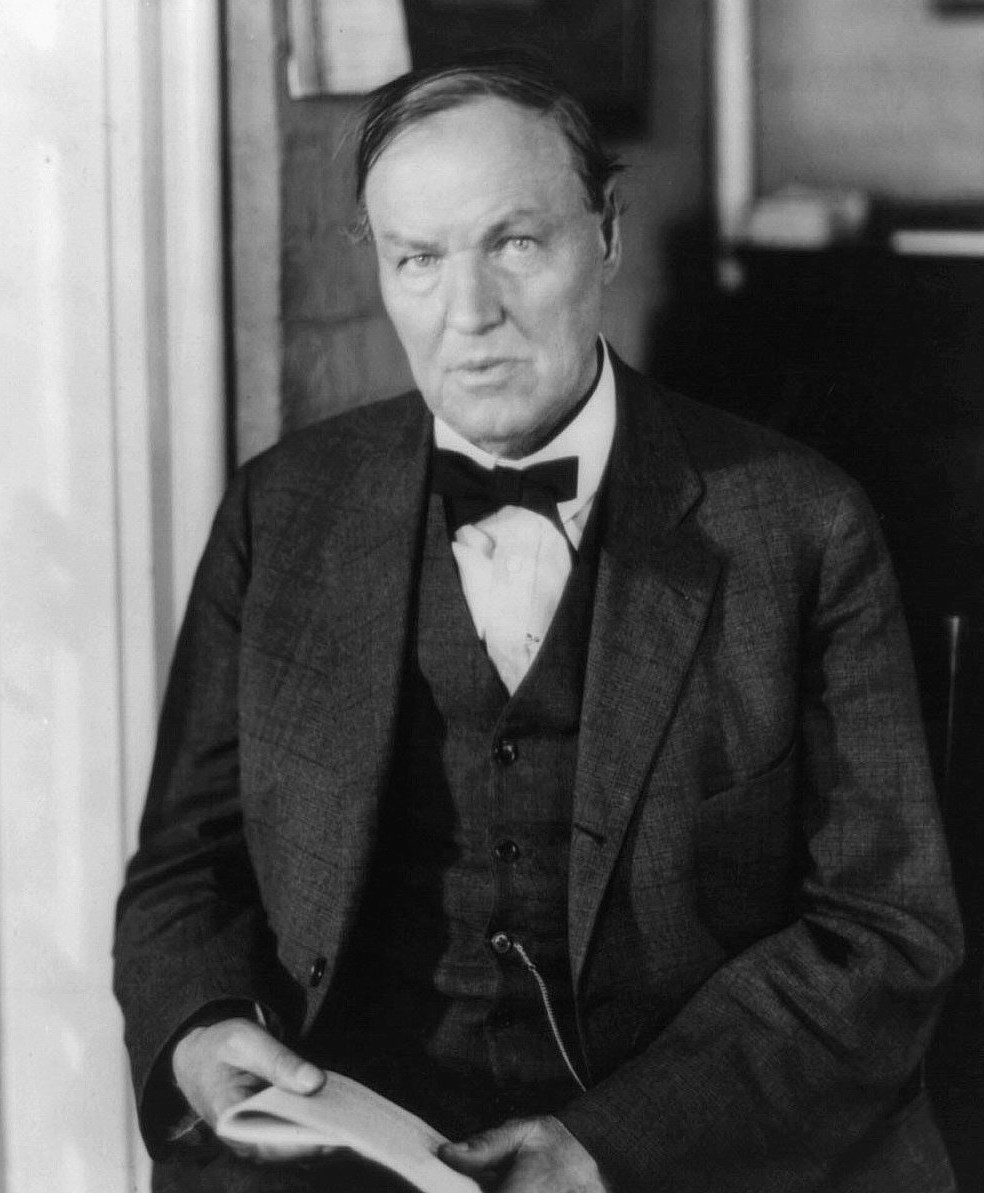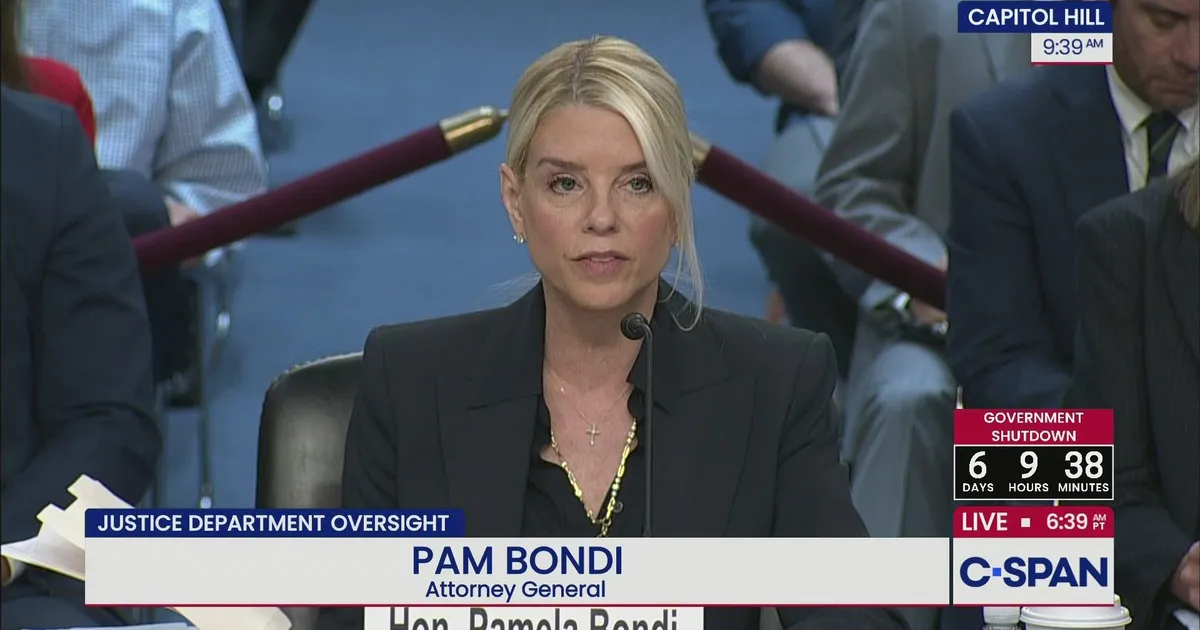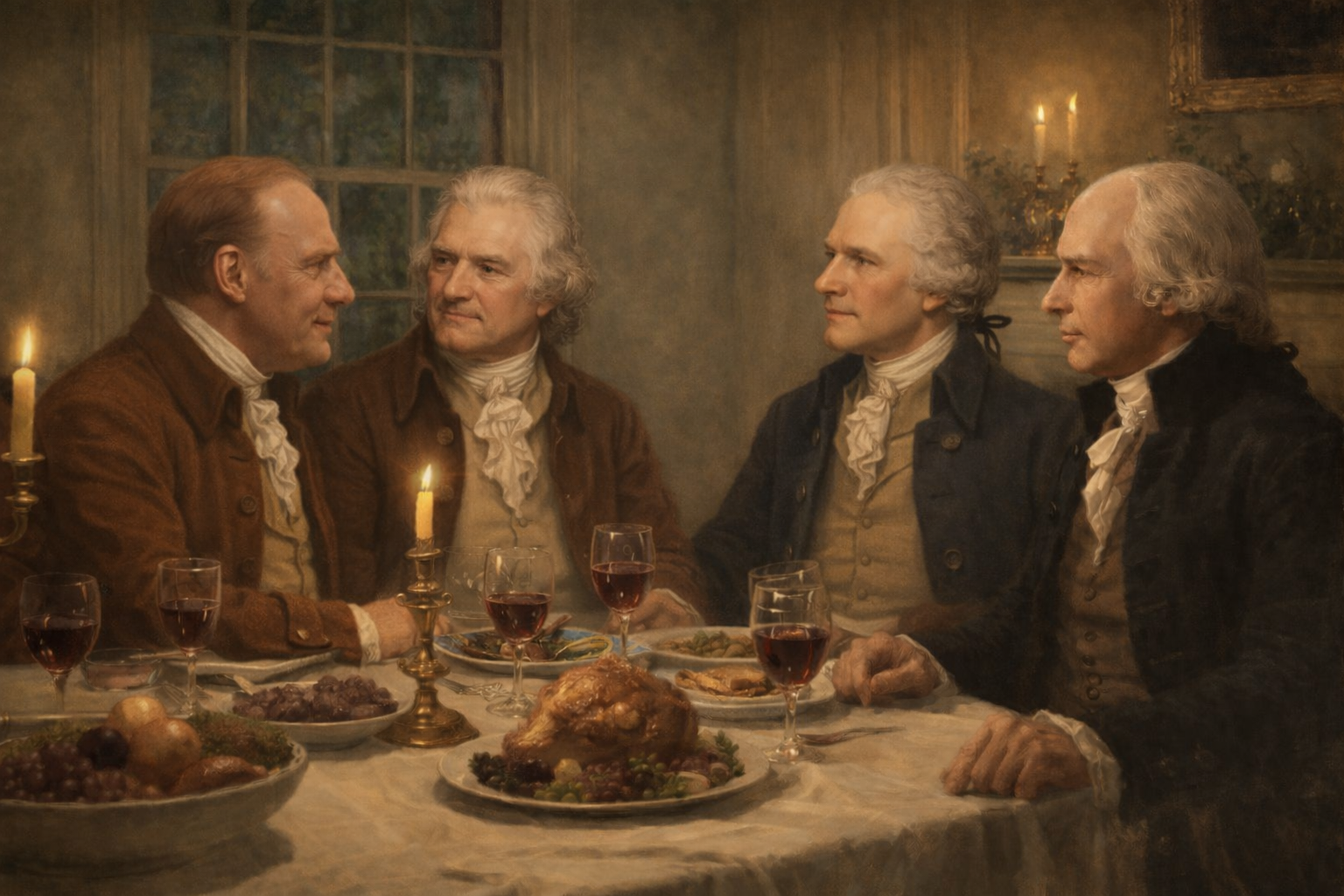Character Counts! is the name of the character education program established by The Josephson Institute of Ethics utilized by schools and communities nationwide.
While character in professional athletes can appear to be lacking, more organizations are waking up to the reality that reputation matters, and if a player has behavior issues it reflects directly on the organization for which they work.

The Baltimore Sun reported (May 1) that several first round NFL draft picks took a nose dive due to their past behavior. Reporter Aaron Wilson ticks off a list of the high and mighty who have fallen. “Nebraska defensive end Randy Gregory fell out of the first round altogether after testing positive for marijuana at the NFL scouting combine and facing other lingering questions about his personality.
“LSU offensive tackle La’el Collins may go undrafted completely as police want to interview him in connection with a murder investigation of a pregnant woman who was his former girlfriend. Although Louisiana police say he’s not a suspect in the crime, the specter of having an employee embroiled in a legal situation caused NFL teams to avoid him.
“Oklahoma wide receiver Dorial Green-Beckham, who allegedly pushed a woman down a flight of stairs and was twice arrested for possession of marijuana before being dismissed from the Missouri football program, wasn’t drafted in the first round. He’s expected to be picked as soon as today.
“Missouri pass rusher Shane Ray, the Southeastern Conference Defensive Player of the Year, was issued a citation days before the draft for possession of marijuana. Considered a potential top 10 draft pick before the draft, Ray lasted until the 23rd overall pick when the Denver Broncos traded up to acquire him.”
Whenever issues of player’s off-the-field behavior surfaces, the knee-jerk debate resurfaces about whether athletes are actually role models. From my perspective, that’s a “no-brainer.” If you are in a high-profile profession, like it or not, you are modeling behavior for others, particularly kids who tend to place athletes at the top of the list of people they admire.
Writing for The Carroll County Times, Maryland sports reporter Robert Brown says it best (Sept. 24, 2014):
“Kids look up to the professional athletes and emulate their every move. Like it or not, by accepting your role in the professional sports arena, by default you become a role model.
“Charles Barkley is wrong. You may not have aspired to be a role model when you were working your way through the pee wee leagues, your high school team or even at a major college program. But it comes with the territory of professional sports. When you dance after a tackle calling attention to your every move or wave your arms to the crowd after a thunderous dunk and benefit financially not just by your salary you earn for doing your job, but by jersey sales, endorsements and advertisements, you further acknowledge your role in society. With that comes the responsibility to uphold the high standards of behavior that should accompany such a privileged position. Sorry, Charlie.
“Not everyone’s perfect. ‘Let he who is without sin cast the first stone.’ So who am I to judge another? I’m not at all passing judgment on any of these athletes who have recently found themselves in the public eye by their various and multiple indiscretions. Or ones who continue the behavior but have yet to have TMZ film their lives like a reality show.
“But as a father of three boys,” Brown continues, “and someone who has been involved with youth sports practically my whole life, how do we encourage kids to continue their passion for the game when one of their idols becomes a fallen angel? How do you balance the desire to have your best player stay in the game and continue to be your hero with the consequences that come with human error?
“As a high school coach, if one of my players makes a mistake either in school or with their extracurricular activities, there are consequences for their actions. …
“I’m all about forgiveness and giving people second chances. And more importantly I think fairness and equity in handing out punishments for similar indiscretions has to be the center of all discipline policies. But I’m also about personal responsibility. Quit blaming the league for handing out punishments and following guidelines agreed upon by both owners and player unions, but place the blame where it belongs, on the shoulders of these men who continue violent acts against people they supposedly love.
“English economist Josiah Charles Stamp said, ‘It is easy to dodge our responsibilities, but we cannot dodge the consequences of dodging our responsibilities.’ There are benefits to being an elite player, but also responsibilities that accompany those positions and consequences when you breach those responsibilities to the public that support you.”
Amen, Brother Robert! And congratulations to those sports organizations that have the courage to look at the long term affects on the entire organization and its fans.
Comments
Leave a Comment












Jim is correct. Character does count, whether it be on the grade school playground, the college campus, in professional sports or at the pinnacles… places like the operating room, the Air Bus cockpit and the oval office.
Unfortunately, human nature tends to repeat itself as the character issues can be traced back to Cain and Abel, Watergate and now “Deflategate.” I believe Jim’s job as an ethicist will not go the way of the caboose trainman very soon. It seems many do not learn from the stumbles of others, although hopefully a majority look at those results and say, “That is one mistake I promise never to make.” That’s what I attempt to do and have so taught our “kids”. It works.